The Income Tax Act of 1961 contains a clause known as Section 27 that assesses a person’s tax obligation even if they do not legally own or have title to a certain property. This clause is relevant when a person transfers property ownership, but the law does not acknowledge the transfer.
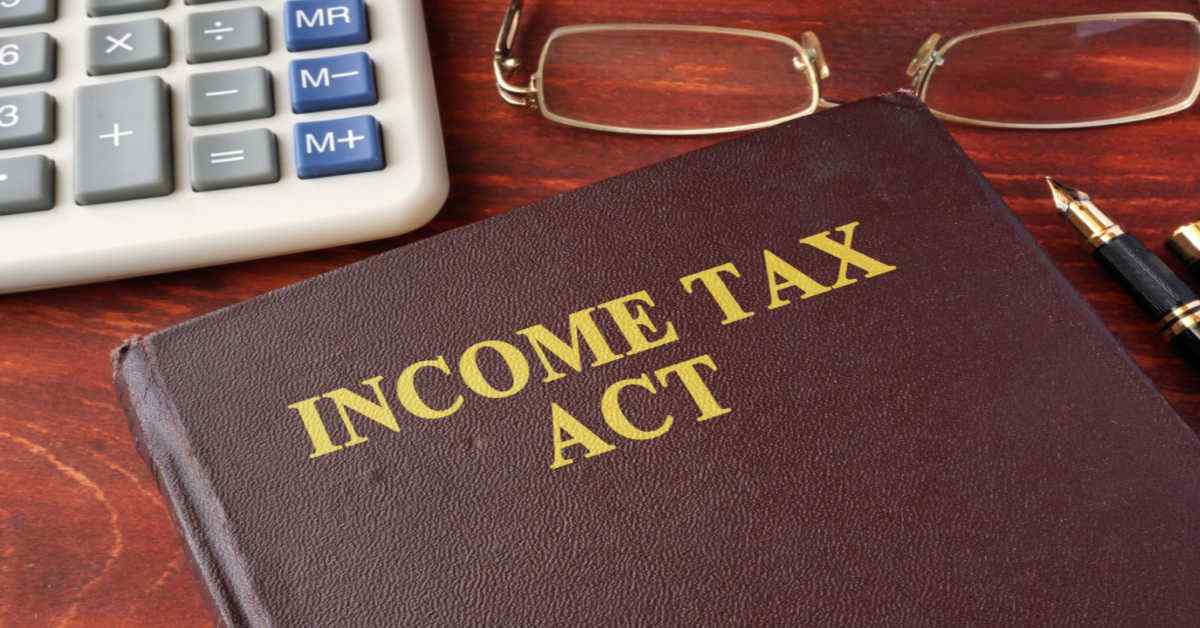
Things we covered for you
This clause is there to stop people from selling their properties to relatives or other people to avoid paying taxes on them. In this extensive article, we’ll give you a thorough rundown of Section 27 of the Income Tax Act of 1961, along with all of its various sections and effects. By the end of this manual, you should have a firm grasp of how this part relates to your tax obligations.
What is Section 27 of the Income Tax Act?
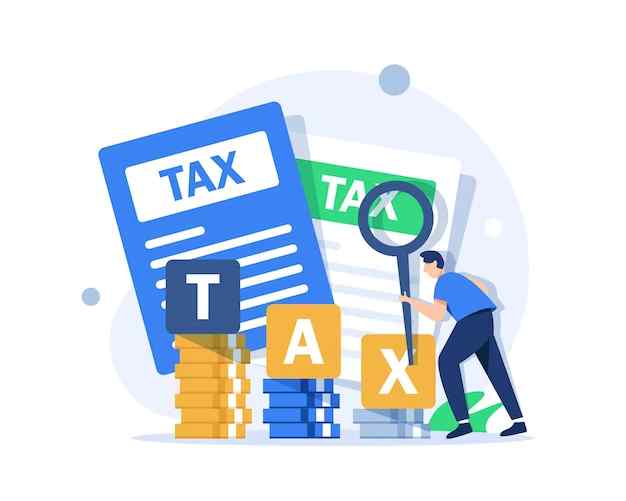
Section 27 of the Income Tax Act delineates the provisions for deductions related to rental expenses, property repairs, and rent collections. It establishes the guidelines and limitations for individuals and businesses seeking to claim deductions in these areas.
Comprehending the intricacies of this section is vital for effectively managing tax liabilities and optimising financial planning strategies. By adhering to the stipulations outlined in Section 27, taxpayers can legitimately reduce their tax burdens by deducting eligible expenses associated with rented properties, maintenance costs, and rent collection.
These deductions serve as valuable tools in determining taxable income and ensuring compliance with the law. Familiarising oneself with the nuances of Section 27 enables individuals and businesses to make informed decisions regarding their financial affairs and leverage available tax benefits.
Definition of “Owner.”
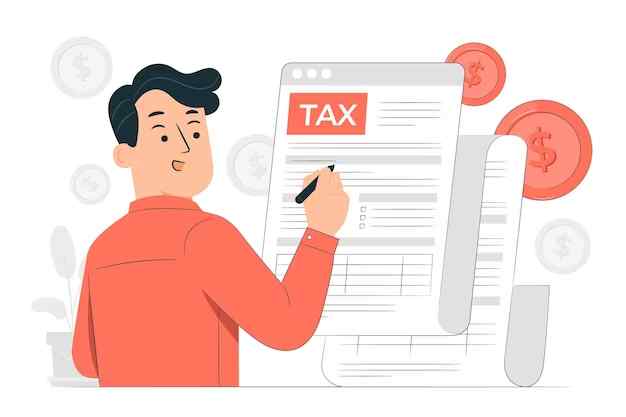
The term “owner” will include anybody who has the authority to exercise the owner’s rights to charge revenue under this heading. However, for this head, a person who exercises owner rights on behalf of another person will not be regarded as an owner. In this regard, the following points should be noted–
Read: House Valuation in India: Demystifying Real Estate Valuation
- Even though the registered document has yet to be executed in his favour, a buyer of real estate who is qualified to exercise owner rights shall be regarded as an owner for this head.
- Even though he is not the owner of the land on which the building is standing, the owner of the building shall be treated as the owner for this category concerning structures built on leasehold land. Even if the building is given to the lessor when the lease is over, the situation will remain the same.
Who is Deemed Owners of House Property?
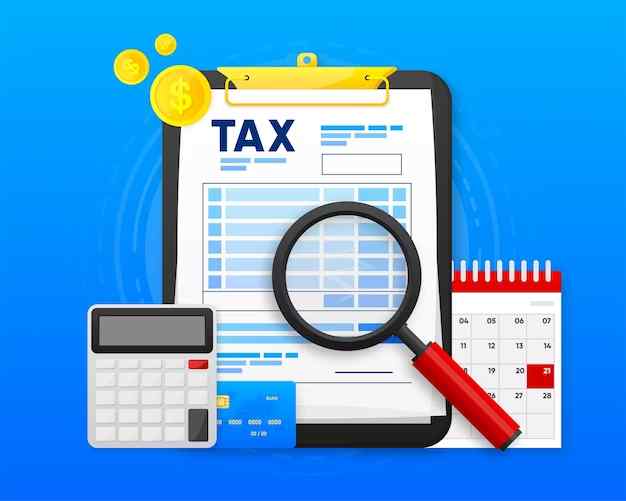
Despite not being the actual proprietors of the land, the following individuals are, according to Section 27, treated as owners for Sections 22 to 26:
Transfer to a Spouse/Child [Sec. 27(i)]
If a person transfers a house to his or her spouse without providing enough consideration, the person making the transfer is presumed to be the residence owner.
However, if the couple decides to live apart and the property is transferred in connection with that decision, the transferor will not be considered the property’s owner.
When a person gives money to their spouse and the spouse uses that money to buy a house, the person who gave the money is not recognised as the owner. However, clubbing rules can apply to the revenue from such a dwelling.
Read: Capital Gain Account Scheme: Tax-Smart Real Estate Investment
In the case of a son or daughter-in-law, the rule mentioned above does not apply. Therefore, if you want to escape the deemed let-out provisions and have multiple self-occupied homes, you can transfer the property into your daughter-in-law’s name. If the home is self-occupied, it will be added to the daughter-in-law’s account, and you will be exempt from the deemed to be let out property provision. As stated above, this transaction is covered by the clubbing clause, but since the daughter-in-law will be living in the house by herself, there will be no income from it.
If a person transfers a house to a minor child without providing due consideration, the person transferring the property is regarded to be the owner of the house. If the property is transferred to a minor married daughter, the transferor will not be regarded as the owner of the property. When an adult gives money to a minor child, and the child uses that money to buy a house, the adult who gave the money is not regarded as the house’s legal owner. But clubbing rules can apply to the profits from such a dwelling property.
Read: Increase the Value of Your Home: Smart Strategies for 2024
Holder of an Impartible Estate [Sec. 27(ii)]
According to Section 27(ii) of the Income Tax Act, another provision known as “Holder of an Impartible Estate” exists. This provision relates to the taxation of income derived from an impartible estate, which refers to an estate that cannot be divided or partitioned among the family members.
Under this section, the holder of an impartible estate is considered the taxable entity for the income earned by the estate. The income generated from such an estate is assessed in the hands of the holder, who is responsible for fulfilling the tax obligations.
This provision recognises the unique nature of an impartible estate, where the property remains undivided and under the control of a single individual. The holder of the estate is liable to report and pay taxes on the income generated by the estate, including rent, agricultural income, or any other earnings.
Section 27(ii) ensures that the income from impartible estates is properly accounted for and taxed, providing clarity on the taxation framework for such estates and their holders.
Member of a Co-operative Society, Etc. [Sec. 27(iii)]
This section deals with individuals who are members of cooperative societies or similar organisations. It focuses on how their income is treated for tax purposes.
According to this provision, if you’re a member of a cooperative society, any income you earn from that membership will be subject to taxation. This includes dividends, profits, or any other earnings that you receive from the society.
Read: Selling Your Home? Avoid These 12 Costly Mistakes in India
When it comes to reporting your income, you’ll need to include the income from cooperative societies under the “Income from Other Sources” category. It will be considered a part of your overall taxable income.
The main goal of Section 27(iii) is to ensure that income earned through cooperative societies is properly accounted for and taxed. It helps maintain a fair and transparent tax system by providing guidelines for individuals to fulfil their tax obligations based on their membership in such societies.
So, if you’re a member of a cooperative society, it’s essential to understand how Section 27(iii) applies to you and how it affects your tax liabilities.
Person in Possession of Property [Sec. 27(iiia)]
The presumed owner of a house property is the person permitted to take or keep possession of a building or a portion of it in partial fulfilment of a contract of the kind described in section 53A of the Transfer of Property Act. This would include situations where the
- Possession of the property has been transferred to the buyer,
- the sale payment has been paid to the seller,
- or the buyerhas committed to do so, and the sale deed still needs to be signed, unlike a power of attorney, agreement to sell, will, etc.
- The written contract.
Even though the property is not registered in the buyer’s name, he would still be considered the owner.
A Person Having Right in a Property for a Period not Less than 12 Years [Sec. 27(iiib)]
Section 27(iiib) of the Income Tax Act addresses the taxation of individuals who possess rights in a property for not less than 12 years. This provision focuses on the treatment of income earned by such individuals from their rights in the property.
According to this section, if you have been holding a property right for at least 12 years, any income derived from that right is subject to taxation. The income may include rent, lease payments, or any other earnings associated with the property right.
As per the Act, you are required to report and pay taxes on the income received from the property right. It will be assessed under the relevant head of income, such as “Income from House Property” or “Income from Other Sources,” depending on the nature of the income.
Section 27(iiib) ensures that individuals with long-term property rights fulfil their tax obligations by including the income from those rights in their taxable income. It provides a framework for the taxation of such income, ensuring fairness and compliance with tax laws.
Implications of being Deemed an Owner under Section 27
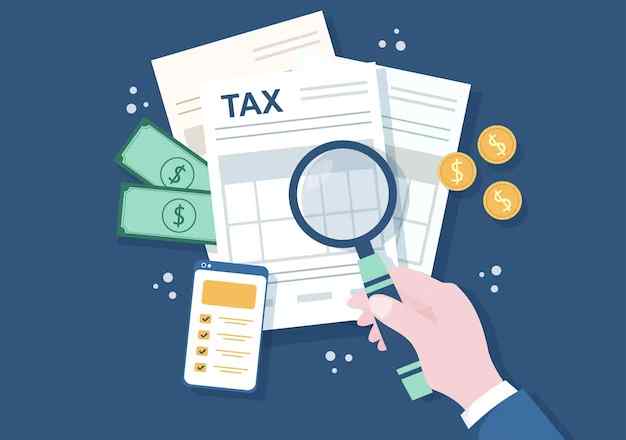
Being deemed an owner under Section 27 of the Income Tax Act can have significant implications for individuals in terms of their tax obligations and the treatment of income derived from the property. Let’s explore the implications in detail.
1. Tax Liability- When someone is deemed an owner under Section 27, they are responsible for reporting and paying taxes on the income generated from the property. This includes various sources of income, such as rental income, profits from the sale of property, or any other earnings related to the property.
2. Inclusion in Total Income- The income derived from the property is added to the individual’s total income and is subject to tax at the applicable rates. This means that the income is combined with other sources of income, such as salary or business income, to determine the overall tax liability.
3. Applicable Heads of Income- Depending on the nature of the income, it may be classified under different heads for tax purposes. For example, rental income from a property is typically categorised as “Income from House Property,” while profits from the sale of property fall under the head of “Capital Gains.” Understanding the appropriate heads of income is crucial for accurate reporting and computation of taxes.
4. Allowable Deductions- As an owner, certain deductions may be available to offset the taxable income derived from the property. For instance, deductions can be claimed for expenses related to property maintenance, repairs, or mortgage interest payments. It is essential to identify and claim eligible deductions to reduce the overall tax liability.
5. Capital Gains Tax- If the property is sold, any gains arising from the sale may attract capital gains tax. The tax liability depends on factors such as the holding period of the property, the type of asset, and applicable exemptions or concessions. Being deemed an owner means that capital gains from the property will be subject to taxation as per the relevant provisions.
6. Compliance and Documentation- Individuals deemed owners need to maintain proper records and documentation of transactions related to the property. This includes records of rental income received, expenses incurred, and relevant sale/purchase documents. Adequate documentation ensures compliance with tax regulations and facilitates accurate reporting of income.
7. Reporting and Filing Requirements- Being deemed an owner entails fulfilling specific reporting and filing obligations. This includes filing the appropriate income tax returns, disclosing property-related details, and providing supporting documentation as required by tax authorities. Failure to comply with these requirements can lead to penalties or legal consequences.
It is crucial for individuals deemed owners under Section 27 to understand these implications and ensure compliance with the tax regulations. Seeking professional advice from tax experts or consulting tax authorities can provide clarity on specific circumstances and help navigate the complexities associated with property ownership and taxation.
Importantly, Section 27 of the Income Tax Act of 1961 prohibits people from transferring ownership of their assets to family members or other parties to avoid paying taxes on those properties. This clause specifies the circumstances under which a person may be regarded as the owner of a property, even if they do not have legal ownership or title to it.
To prevent fines and legal repercussions, it is crucial for taxpayers to be aware of the effects of presumed ownership and to abide by the Income Tax Act’s rules.
NoBroker provides several income tax services, such as tax filing, tax planning, and tax-saving investments. Our team of professionals can assist you through Section 27’s intricacies and maximise your deductions while maintaining compliance with tax legislation. You may relax knowing that NoBroker will take care of your tax requirements, freeing you up to concentrate on your personal or professional goals.

FAQ’s
A1: Section 27A of the Income Tax Act specifies the conditions under which a co-owner of a property can claim deductions for income generated from that property.
A2. Per Section 27, various costs can be deducted, including those for paying employees and wages, leasing space for a business, paying interest on a loan, and maintaining and repairing the company’s assets.
A3. Yes, several limitations exist on the maximum deduction allowed under Section 27. For instance, deductions for interest on borrowed money have an annual limitation of Rs. 2 lakhs. In contrast, deductions for rent paid for company space are capped at 30% of the total revenue generated by the enterprise.
A4. No, personal usage charges are not eligible for deductions under Section 27. Only costs directly connected to the creation of income are eligible for deductions.
A5. A deemed owner of house property in income tax is someone recognised by tax regulations as the property’s owner for taxation, even if they don’t legally own it, due to conditions like transfers to family without adequate consideration.









